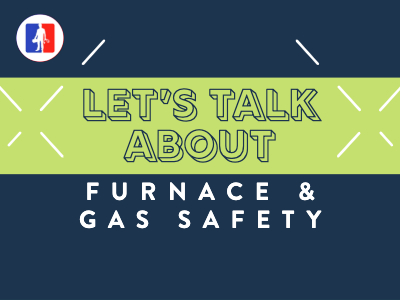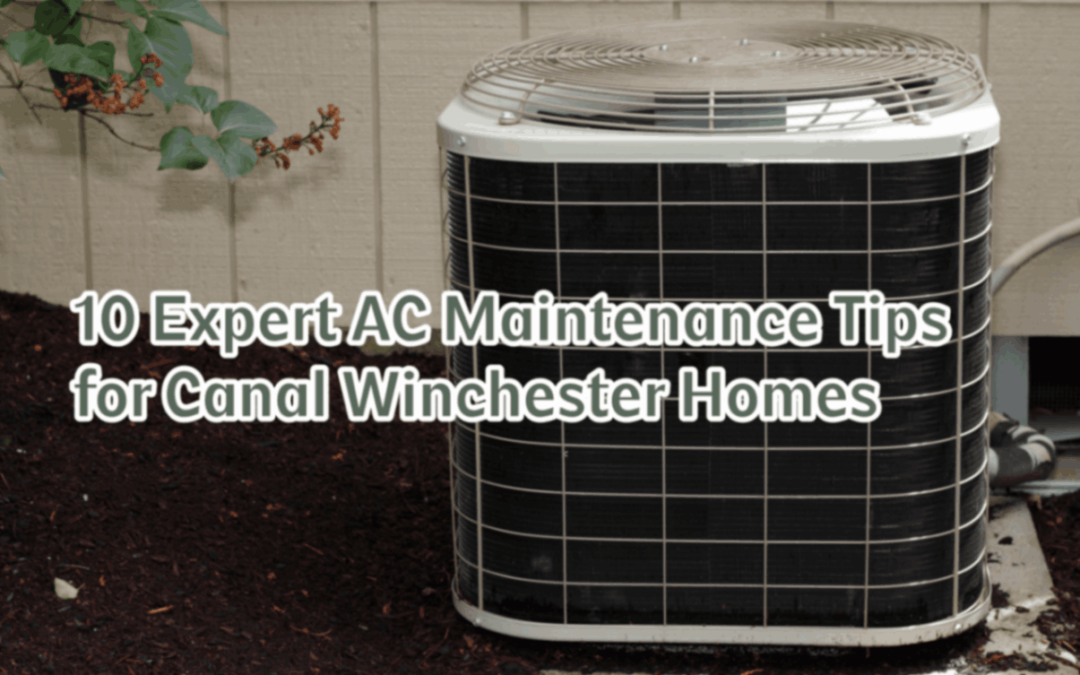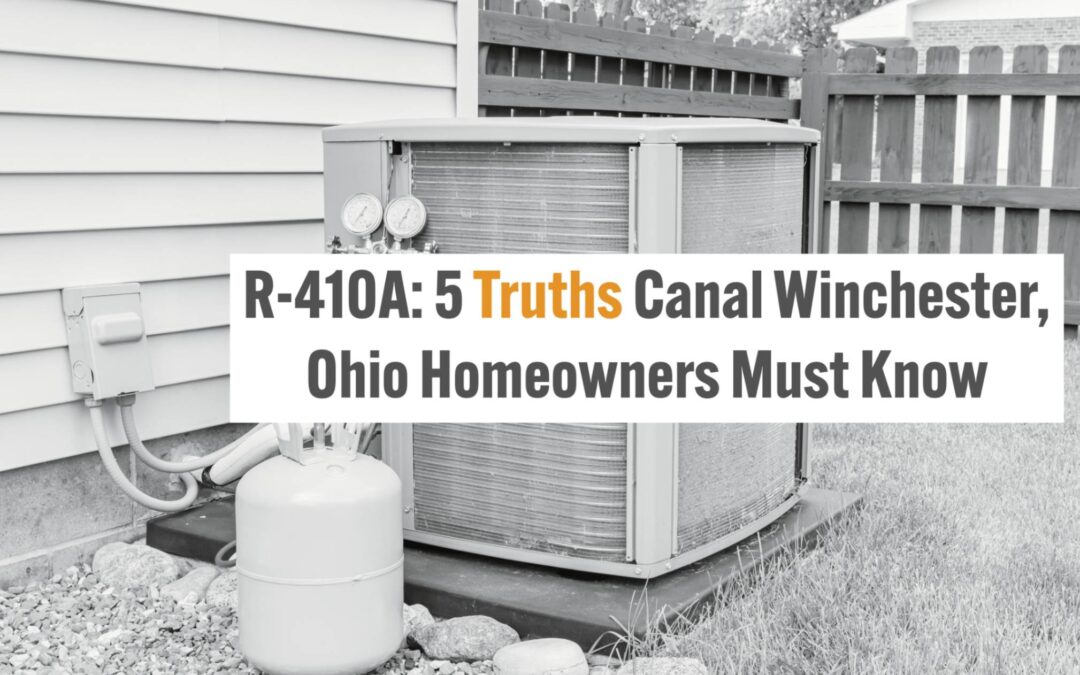Safety Guidelines to Help You!
Since October is National Fire Prevention Month, this is the perfect time to discuss gas furnace safety in your home. The two most popular types of home heating systems are gas furnaces and electric furnaces. A lot of people prefer electric furnaces because they aren’t comfortable with having natural gas coming into their house. The truth is, gas furnaces are just as safe as their electric counterparts. They cost a little more, but since natural gas is cheaper than electricity, they cut utility bill costs, paying for themselves and saving you money in the long run.
Cooler weather is right around the corner, so let’s look at some great tips for making sure your gas furnace is in excellent working order:
HAVE YOUR GAS FURNACE INSPECTED ANNUALLY
Before it’s time to crank up your furnace and get the season underway it’s a good idea to call in an HVAC professional for a thorough inspection of your entire system. You will want to schedule a cleaning at this time too so that you can be sure the air circulating through your home is clean and free of allergens and other pollutants. Even if your furnace has shown no signs of a problem, having a professional inspection can spot any issues that could become problems. Repair and replacement costs are at their highest during extreme weather, so scheduling some preventive maintenance now could potentially save you a lot of money when cold weather sets in.
HELP YOUR FURNACE TO WORK EFFICIENTLY
Check the air filter in your furnace once a month during the winter season and replace it as needed to keep it clean and to help maintain sufficient airflow in your home. If the filter becomes clogged with debris, soot, and other materials, the airflow will be decreased or cut off altogether. Failing to change a clogged air filter can result in serious damage to your heating unit as well. When the system’s fan has to work extra hard to try to circulate air because of a dirty filter, the motor can burn up. When this happens, furnace parts must be repaired or replaced. Again, parts and repairs are more costly during peak cold weather periods.
NEVER STORE COMBUSTIBLES NEAR YOUR GAS FURNACE
Place all combustible items such as paint and paint thinner, boxes, papers and books, cleaning products, etc., far away from your gas furnace. Store them in a garage, attic, or in some other area of the house that is nowhere near your furnace.
LOOK FOR SIGNS OF DAMAGE
Soot or dark discoloration on the walls or ceiling close to your gas furnace means that there is a broken seal or a loose vent somewhere in your heating system. Contact an HVAC contractor for heater repair at once. Soot and other debris can damage items in your home, resulting in thousands of dollars in bills for cleaning, repair, and replacement of your household items.
CHECK THE PILOT LIGHT
During the months when your gas furnace is in use, you will want to make sure that the pilot flame is consistently blue in color. This indicates that there is total gas combustion. However, if you notice other colors combined with the blue flame or if the blue color is absent entirely, this means that there is an issue with the furnace’s necessary airflow. Contact an HVAC technician immediately and report the problem.
BE CLEAN, BE SAFE
Regularly clean the area directly around and in the vicinity of your furnace. Sweep, mop, vacuum, wipe down walls and ceilings. This will prevent dirt from accumulating and finding its way into your HVAC system.
GAS LEAK PROCEDURE
Natural gas is both colorless and odorless. It can only be detected via an additive called Mercaptan, which gives off a pungent smell often compared to cooked cabbage or rotten eggs. If you notice an unusual and unpleasant odor in your home, the first step is to open doors and windows for about an hour. After you close them if the smell still persists, it is most likely a sign of a gas leak. Check for leaks by mixing together water and laundry or dish soap and rubbing it onto the furnace’s gas fittings. If bubbles form on the fittings there is a gas leak present. Immediately get your family and your pets out of the house and a safe distance away, such as to a neighbor’s house, and contact the gas company or your local fire department.
EDUCATE AND PRACTICE GAS FURNACE SAFETY
Make sure that everyone in your household who is old enough to do so knows where the main shut-off valve is to the gas line that runs into the house (it will be located near the meter) and how to turn it off in case of an emergency when no one else is home. Have a couple of practice runs to make sure each person knows exactly what to do in case of a gas leak in your home, including who to contact and their phone numbers.
Want More Expert Advice? Call Us!
For all your gas furnace needs including scheduling an inspection and professional cleaning, contact Canal Winchester Heating and Cooling today at 614-524-4737 or visit our website for more information and services provided at https://cwheating.com/.







